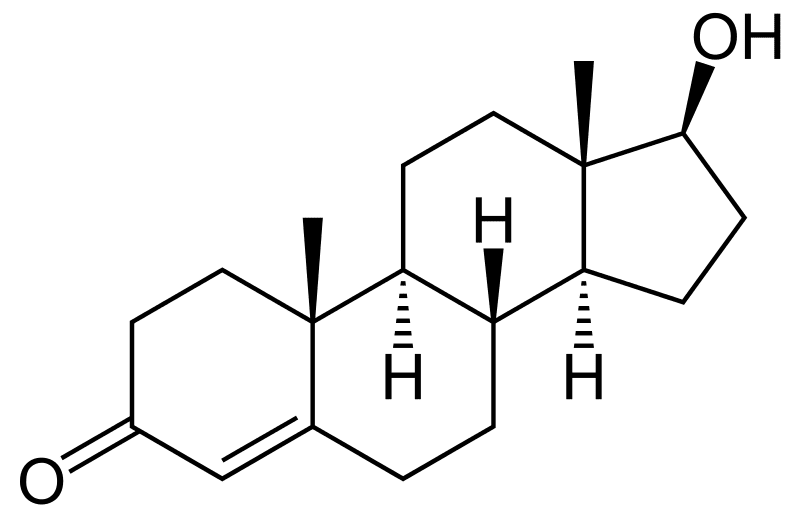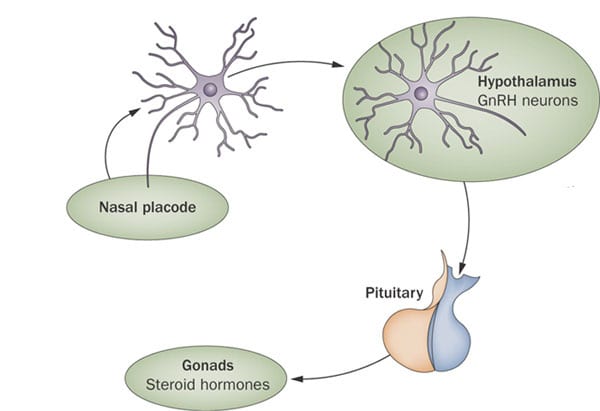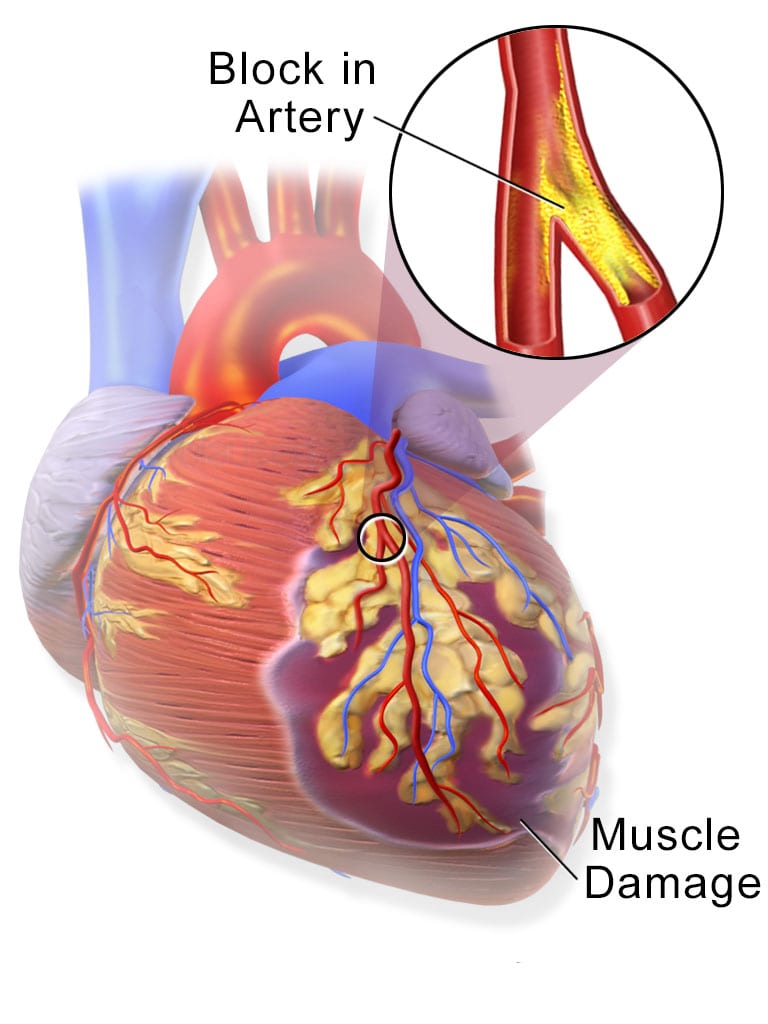
Heightened Concentration
Increased Libido
Deeper Sleep
What is Testosterone?

Testosterone is the dominant sex hormone in men, and it is responsible for the creation of the male sexual characteristics, however, it is also produced by women in smaller quantities. The pituitary gland is located near the base of the brain, and it transmits signals into a male's testicles (or to a woman's ovaries) which ignite emotions associated with sexual desire.
In men, testosterone performs an essential part in puberty, the time when a child grows to sexual maturity, and he can reproduce. The following alterations usually occur during this life stage:
- The penis and testicles develop
- Facial, pubic, and body hair grow
The voice deepens - Muscles and bones turned become stronger
- Height will increase
Soon after puberty, testosterone assists to manage the following bodily processes:
- Production of red blood cells
- Bone thickness
- Fat circulation
- Muscle durability and size
- Facial and body hair
- Sperm production
- Sex drive
Although testosterone is a key component for male puberty, changes in testosterone levels are linked to changes in mood, energy, fertility, sexual desire, and overall health. Androgens such as testosterone, promote an overall decrease in fat and influence one's memory.
Testosterone levels eventually decrease in older men as a normal part of ageing. By age 45, testosterone production begins to decrease by one percent per year. Based on a study released in the Journal of Clinical Endocrinology & Metabolism, however, it is broadly recognized that levels might begin to decrease whenever a man is within his 30’s.
What is "Low T"?
In certain cases, reduced levels of testosterone (also known as low T) might be the result of a medical condition referred to as hypogonadism, which takes place when the body doesn't produce usual levels of the hormone. It may occur if there is an issue with the testicles or the pituitary gland which makes it incapable to produce usual levels of testosterone. Signs and symptoms of low T differ based on the reason behind the issue and also the age when it takes place. In males who are middle-aged and past, signs and symptoms may include:
- Low energy and stressed out mood
- Sleeping disorders
- Low libido Issues having or maintaining a penile erection
- Loss of muscle mass and bone strength
Not every male with age-related low testosterone will encounter any signs and symptoms, and others aren’t troubled by them. Troubles with energy, sleeping, and emotional changes can also be the result of other issues like the negative side-effects of some medicines or too much alcohol consumption.

Testosterone Deficiency

Testosterone Deficiency Syndrome, or Hypogonadism, is a condition in which a man's body does not produce enough testosterone, the essential male hormone. This condition by and large influences older men, however more youthful patients can likewise be influenced for an assortment of reasons.
While the expression "andropause" is now and then used for this condition, it is inaccurate. In contrast to menopause, testosterone insufficiency disorder isn't an unavoidable consequence of maturing.
Testosterone assumes a key role in a man's sex drive, bone mass, fat distribution, muscle mass plus mental and physical vitality.
Testosterone in males is produced in the testicles. Testosterone deficiency emerges when the testicles neglect to produce enough testosterone. There are two main reasons for testosterone deficiency:
- Impaired testicular function: Referred to by medical experts as essential hypogonadism or testicular failure. This condition emerges on the grounds that the man's testicles have some irregularity preventing them from creating testosterone
- Impaired pituitary or hypothalamus function: Referred to by medical experts as hypogonadotropic or secondary hypogonadism. This condition emerges in light of the fact that the capacity of the pituitary and additionally nerve center (the two glands in the brain that regulate hormone creation) is disabled.
Symptoms of Testosterone Deficiency
There are a few symptoms that are associated with a deficiency of testosterone in men:
- Reduced libido
- Increase in body fat
- Loss of bone density
- Unfavorable changes in cholesterol profile
- Anxiety or depression
- Difficulty concentrating or deciding
- Poor work performance
- Difficulty getting or keeping up an erection
- Loss of body fitness (muscle) mass
- Poor results from exercise programs
- Hair Loss

Effects of Testosterone Deficiency
Beyond the symptoms and the causes that many men encounter, testosterone deficiency syndrome can also contribute to the recurrence or worsening of some diseases, such as:
- Increased risk of heart diseases.
- Increased risk of death from a cardiovascular disease
- Increased risk of diabetes and metabolic syndrome
- Higher instances of osteoporosis
Testosterone Therapy
Testosterone therapy is a revolutionary treatment system for dealing with "Low T". The doctors at Optimal Health MD reviews your physical examination and design a uniquely tailored hormone regimen based on your results. Medication is discreetly shipped directly to your home and our medical staff walks you through administering your medication. Throughout the course of your treatment, a board certified hormone doctor will be carefully monitoring your file, making any recommendations and ensuring the best results. Optimal Health is partnered with the best pharmacies in the United States, guaranteeing the highest quality testosterone medication at a price our competitors can't beat.
Hormone replacement therapy typically considered a total lifestyle change. Not only will you look and feel better, but many patients report living a healthier lifestyle after beginning treatment. Patients of Optimal Health MD are more likely to go to the gym, be involved in athletic sports, eat healthier, and have a more positive outlook on life.
Testosterone therapy has been used for decades and is trusted by doctors around the world. Most concerns regarding testosterone therapy surround individuals who have self-prescribed testosterone and have abused the hormone to extreme levels. Fortunately, at Optimal Health, we have a certified network of doctors that are trained to prescribe testosterone. When testosterone is carefully administered by a doctor, risk is minimized, and patients are monitored.
In addition, many studies published in recent years have found that testosterone therapy has the potential to reduce heart attacks and has no link to an increased risk of any cancer.
Testosterone therapy has proven to be a safe and effective way of treating "Low T" and has a wide range of benefits.
Testosterone Replacement Therapy Benefits
The benefits you should expect from testosterone therapy are:
- More Lean Muscle
- Improved Memory
- Improved Mood
- Better Athletic Performance
- Enhanced Sex Drive
- Improved Sexual Performance
- Lower LDL Cholesterol
- Increased Energy
- Protects Against Heart Disease
Uncommon Causes of Low T
Even though many people begin to develop testosterone deficiency through aging, there are a number of other, less familiar causes of Low T.
- Chemotherapy
- Damage produced during surgery
- Glandular Malformation
- Head Trauma (affecting hypothalamus)
- Infection
- Isolated LH deficiency
- Radiation
- Testicular Trauma
- Tumors
It is highly recommend that you monitor you testosterone levels to ensure that you not testosterone deficient or in need of testosterone replacement therapy.